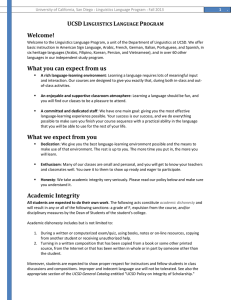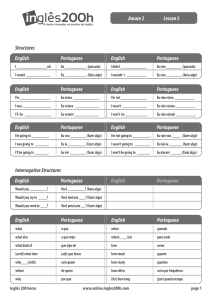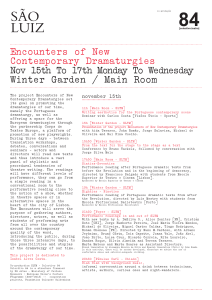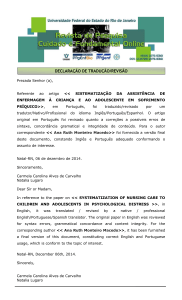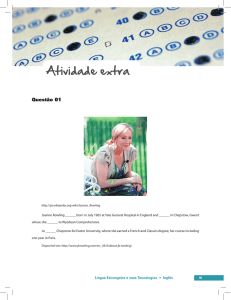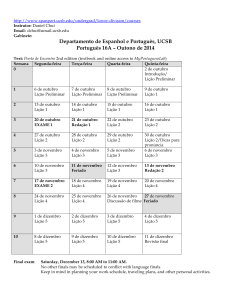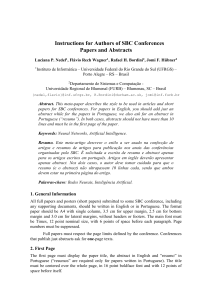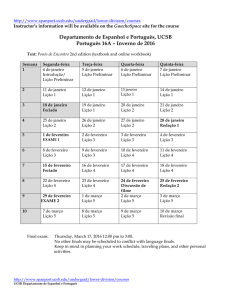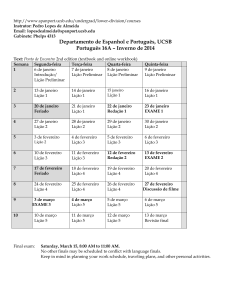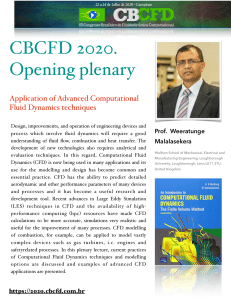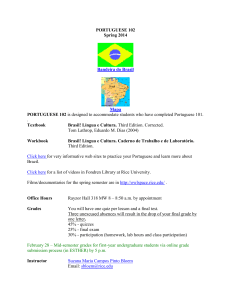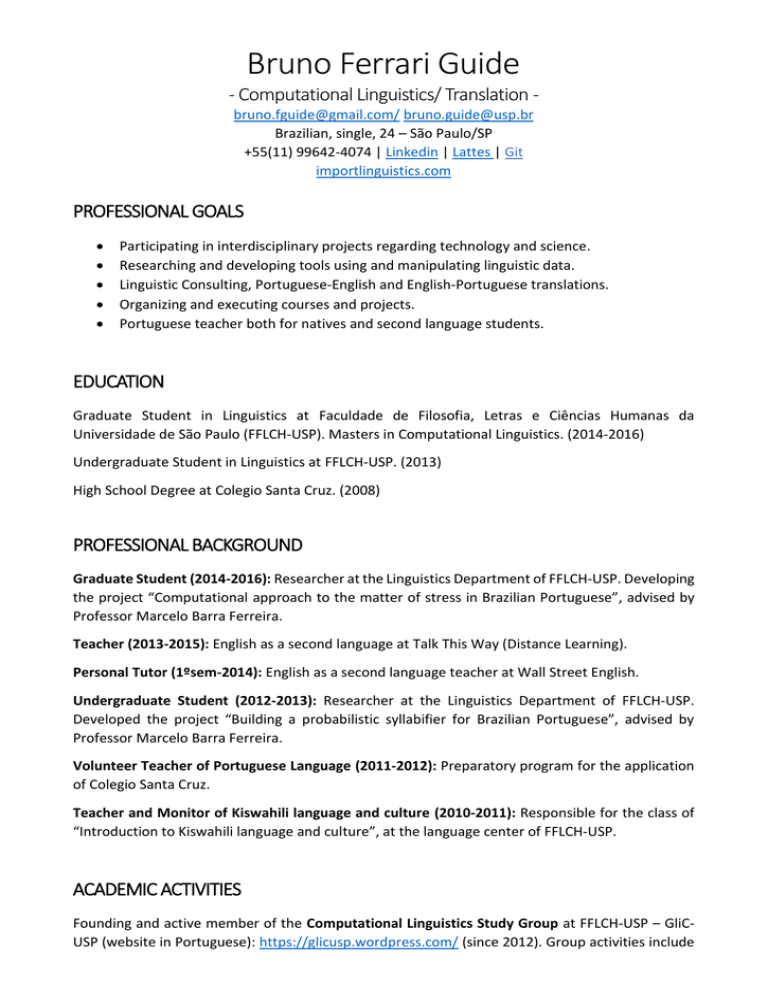
Bruno Ferrari Guide
- Computational Linguistics/ Translation [email protected]/ [email protected]
Brazilian, single, 24 – São Paulo/SP
+55(11) 99642-4074 | Linkedin | Lattes | Git
importlinguistics.com
PROFESSIONAL GOALS
Participating in interdisciplinary projects regarding technology and science.
Researching and developing tools using and manipulating linguistic data.
Linguistic Consulting, Portuguese-English and English-Portuguese translations.
Organizing and executing courses and projects.
Portuguese teacher both for natives and second language students.
EDUCATION
Graduate Student in Linguistics at Faculdade de Filosofia, Letras e Ciências Humanas da
Universidade de São Paulo (FFLCH-USP). Masters in Computational Linguistics. (2014-2016)
Undergraduate Student in Linguistics at FFLCH-USP. (2013)
High School Degree at Colegio Santa Cruz. (2008)
PROFESSIONAL BACKGROUND
Graduate Student (2014-2016): Researcher at the Linguistics Department of FFLCH-USP. Developing
the project “Computational approach to the matter of stress in Brazilian Portuguese”, advised by
Professor Marcelo Barra Ferreira.
Teacher (2013-2015): English as a second language at Talk This Way (Distance Learning).
Personal Tutor (1ºsem-2014): English as a second language teacher at Wall Street English.
Undergraduate Student (2012-2013): Researcher at the Linguistics Department of FFLCH-USP.
Developed the project “Building a probabilistic syllabifier for Brazilian Portuguese”, advised by
Professor Marcelo Barra Ferreira.
Volunteer Teacher of Portuguese Language (2011-2012): Preparatory program for the application
of Colegio Santa Cruz.
Teacher and Monitor of Kiswahili language and culture (2010-2011): Responsible for the class of
“Introduction to Kiswahili language and culture”, at the language center of FFLCH-USP.
ACADEMIC ACTIVITIES
Founding and active member of the Computational Linguistics Study Group at FFLCH-USP – GliCUSP (website in Portuguese): https://glicusp.wordpress.com/ (since 2012). Group activities include
studying computational linguistics’ theory; Discussion and analysis of the most important algorithms
in the area; Discussions about natural language processing.
Member of the organizing commission of the event “Tardes de Linguística” (Linguistic Afternoons)
at FFLCH-USP: https://tardeslinguisticausp.wordpress.com/ (2014-2015). The event intend to
promote a higher presence of the graduate students at the university, by hosting talks discussions
and movies about linguistics.
Member of the organizing commission of the Encontro dos Alunos de Pós-Graduação em
Linguística
–ENAPOL
(Encounter
of
Graduate
Students
of
Linguistics):
http://linguistica.fflch.usp.br/xviiienapol (2015). An event in which the graduate students of the
Linguistics Department of FFLCH-USP expose their ongoing researches.
EVENTS
Brazilian Association of Linguistics Congress (ABRALIN): Presentation “Concebendo e construindo
um corpus para a questão do acento no português brasileiro”. (Conceiving and compiling a corpus
for the matter of stress in Brazilian Portuguese”)(Feb/2015)
Encounter of Graduate Students of Linguistics (ENAPOL): Presentation “Abordagem computacional
para a questão do acento no português brasileiro”. (Computational Approach to the matter of stress
in Brazilian Portuguese) (May/2014)
LANGUAGES
Inglês - Fluent (Yazigi/Cultura Inglesa – 2003 a 2010).
o CAE – Cambridge University – 2010
o TOEFL score 105 – Educational Test Service (ETS) – 2014
Kiswahili, Italian, Arabic and Tupi – Basic level. Introdutory courses taken at FFLCH-USP
(entre 2009-2014).
French – Basic Level. Private Teacher. (2015)
COMPUTATIONAL SKILLS
Office
Latex
Programming Experience:
o Programming Logic
o Intermeditate Python
o Basic HTML and CSS
o Basic R
Python Libraries:
o NLTK / Pandas / Scikit-learn / re
INTERESTS -
Learning New Languages| Studying Different Cultures| Movies| TV Series| Sci-Fi
Books| Programming| Politics| Science.

